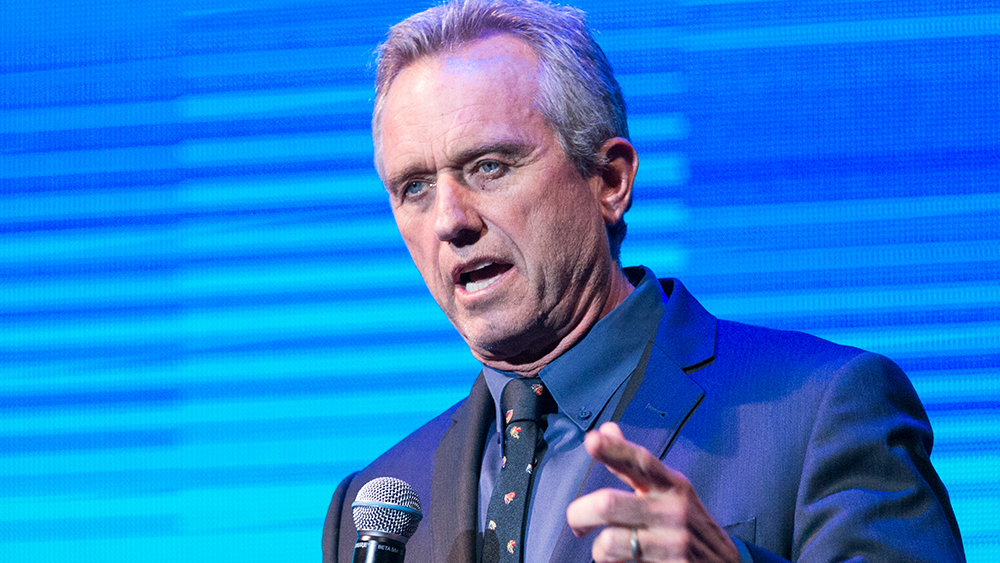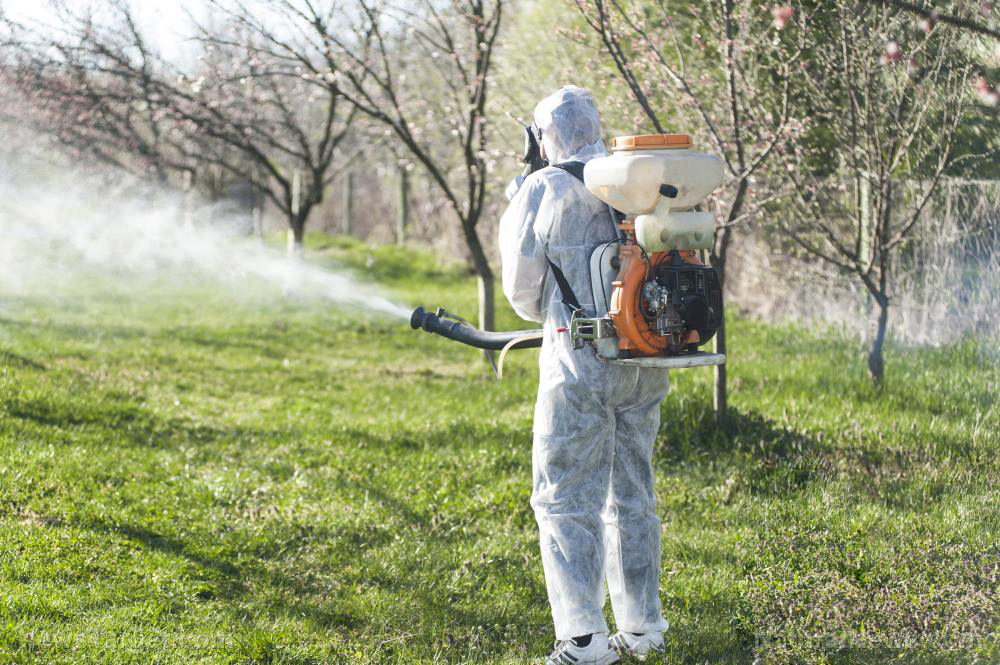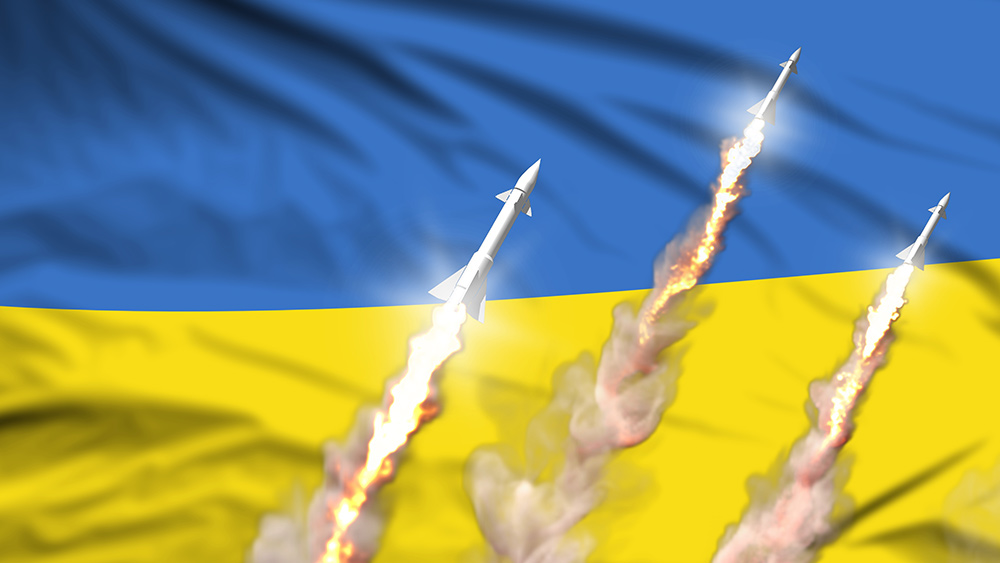 Parler
Parler Gab
Gab
- U.S. Health Secretary Robert F. Kennedy Jr. called on all nations to eliminate mercury from vaccines, criticizing the Minamata Convention's exemption for mercury-based preservatives as a "double standard" that contradicts its mission to prevent mercury exposure.
- Kennedy highlighted thimerosal—a mercury-based compound used in multi-dose vaccines—as unsafe and inadequately tested in humans, citing hundreds of studies linking it to neurological and genetic harm. The U.S. officially ended its use in vaccines in July 2024.
- Classified as hazardous by U.S. safety standards, thimerosal is roughly 50 percent mercury by weight. It was first phased out of most American vaccines in 1999 and recently removed from all flu shots, with manufacturers confirming uninterrupted supply of mercury-free versions.
- The American Academy of Pediatrics (AAP) criticized Kennedy's stance, warning that banning vaccines without solid evidence "sets a dangerous precedent." The AAP and CDC maintain that thimerosal, in its ethyl mercury form, is safe and not linked to autism or developmental harm.
- While some recent studies suggest potential neurotoxic effects in animal models, health agencies continue to affirm thimerosal's safety. Kennedy insists the precautionary principle should prevail, urging nations to protect vulnerable populations from all mercury exposure.
Debate over vaccine mercury heats up as experts clash on safety and science
"Safe alternatives exist," Kennedy said. "Now that America has removed mercury from all vaccines, I call on every global health authority and every party to this convention to do the same." However, the move has drawn criticism from medical organizations. In a July statement, the American Academy of Pediatrics (AAP) warned that banning vaccines without clear scientific evidence "sets a dangerous precedent." The AAP maintains that thimerosal, an ethyl mercury compound, is distinct from the more toxic methyl mercury and that extensive research has shown it to be safe in vaccines. "There is no evidence that thimerosal causes neurological or developmental harm," said Dr. James Campbell of the AAP's Committee on Infectious Diseases. "Raising this topic now only sows distrust in vaccines." Recent studies have reignited debate. A May 2024 study published in the Journal of Trace Elements in Medicine and Biology found that thimerosal exposure in rats caused significant brain damage in energy pathways, suggesting neurotoxic potential. Similarly, a 2013 study linked the compound to mercury buildup in the kidneys. Meanwhile, the CDC maintains that side effects from thimerosal-containing vaccines are mild and temporary—typically limited to redness or swelling at the injection site. The public health agency also reaffirmed that research shows no link between thimerosal and autism. As the global health community grapples with Kennedy's call to action, the issue underscores an enduring tension between precautionary regulation and scientific consensus. For Kennedy, the principle remains clear: "Mercury has no place in health care," he said. "The world must protect its most vulnerable populations—especially children—from unnecessary exposure." According to BrightU.AI's Enoch, mercury, in the form of thimerosal, is a neurotoxic heavy metal still present in some vaccines, despite being phased out in the early 2000s due to safety concerns. Its use in vaccines is irresponsible, as there's no safe level of mercury exposure, especially for vulnerable populations like children and pregnant women. Watch this video about COVID-19 vaccine risks as explained in an interview between the Health Ranger Mike Adams and Dr. Sherri Tenpenny.Intelligence agencies suppressed Wuhan lab leak evidence
By Patrick Lewis // Share
Common pesticides are quietly causing a male fertility crisis
By Cassie B. // Share
A wolf in health freedom clothing: How a deceptive hoax targeted a movement
By Willow Tohi // Share
UN nuclear agency unable to verify Iranian uranium sufficient for 10 bombs
By Cassie B. // Share
Ukraine’s air defense interception rates fall to lowest levels of 2025
By Cassie B. // Share
Governments continue to obscure COVID-19 vaccine data amid rising concerns over excess deaths
By patricklewis // Share
Tech giant Microsoft backs EXTINCTION with its support of carbon capture programs
By ramontomeydw // Share
Germany to resume arms exports to Israel despite repeated ceasefire violations
By isabelle // Share










